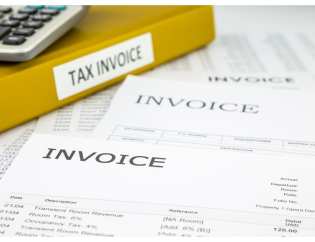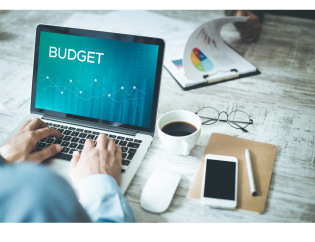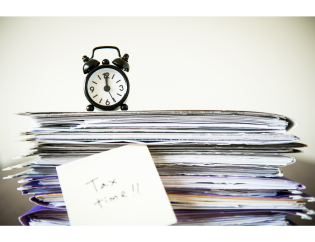
So, what can you claim as travel tax deduction?
To claim work related travel expenses, the travel needs to be essential for you to generate income.
For example:
- Travelling for work related education courses or conferences
- Travel between separate office or workplaces
- Meeting clients out of the office, while working
- Working from home for part of the day and then having to travel into the workplace

- Having to travel to complete tasks for the workplace, ie. banking, post office, etc.
What is an expenses related to your work?
This must be an expense directly related to your ability to generate income.
For example, you work as a hairdresser and in order for you to do your job, it is essential that you purchase new scissors. This is considered an expense directly relating to your income because it would be impossible for you to cut hair without them.
Whereas, catching the bus to work wouldn’t be directly related to your income, because it doesn’t directly relate to generating your income (you aren’t paid to travel to work).
An easy way to remember if something does qualify as a tax deduction is:
- You must have spent your money and not have been reimbursed
- Have a record to prove it
- It must be directly related to your job
What about travelling for work?
There are other forms of travel expenses that you can deduct when you are travelling for work, ranging from:
- Meals if they aren’t included in an overnight stay
- Car Hire and Parking Fees
- Toll Roads
- Transport – car, train, bus, plane
- Laundry
- Accommodation
- Bags used for work travel
Remember to keep track of all your expenses incurred whilst travelling, in the form of a travel diary, including receipts and travel logs. This will help you maximie your tax return as the more you deduct, the less tax you pay and the more money back into your pocket.
Speak with one of our Accountants today about your Travel Expenses and what you can claim with your next Tax Return.







